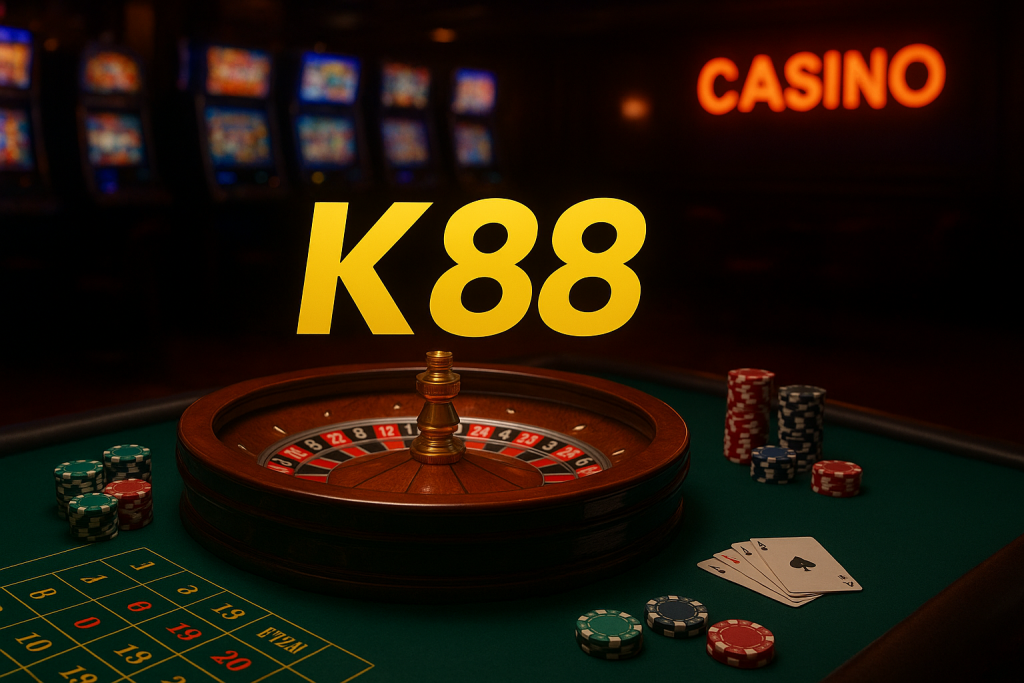
Casinos are known for offering a wide variety of games, each with its own set of rules, odds, and strategies. While some games rely almost entirely on luck, others provide opportunities for players to apply skill, strategy, and decision-making to improve their chances of winning. Understanding the balance between skill and chance is key to maximizing enjoyment and performance in the casino environment.
Games of Pure Chance
Some casino games are based purely on luck, meaning that no strategy can alter the outcome. Slot machines are the best example of this. Once you spin the reels, the result is determined by a random number generator (RNG), making every spin independent and unpredictable.
Similarly, games like roulette fall into the category of chance-based entertainment. Although players may use betting systems to manage risk, the outcome of each spin depends solely on where the ball lands, with no way to influence it. These games are ideal for casual players who prefer straightforward fun without learning complicated rules.
Games of Strategy and Skill
On the other hand, certain casino games reward knowledge and strategy. Poker is perhaps the most famous example. Unlike slots or roulette, poker involves psychology, mathematics, and skillful decision-making. Skilled players can consistently outperform less experienced opponents by reading body language, calculating odds, and managing their bets wisely.
Blackjack is another game where strategy matters. Although luck determines which cards are dealt, players can make decisions—such as whether to hit, stand, split, or double down—that directly impact their odds. By following basic strategy charts and using card-counting techniques, skilled players can significantly reduce the house edge.
The House Edge Explained
Every casino game is designed with a built-in advantage for the house, known as the “house edge.” In games of chance like slots, this edge is fixed and cannot be altered. However, in skill-based games, players who use proper strategies can reduce the house edge and sometimes even gain a long-term advantage.
For example, blackjack’s house edge can drop below 1% if played optimally, whereas roulette typically has a house edge of around 5%. Poker differs further since players compete against each other rather than the house, making skill even more important.
The Psychology of Strategy
Strategic games not only offer better odds but also engage players mentally. Many gamblers enjoy the intellectual challenge of making decisions, analyzing situations, and predicting outcomes. This level of involvement can make strategic games more rewarding and immersive compared to purely chance-based options.
At the same time, casual players may prefer chance-based games because they offer entertainment without the pressure of learning complex strategies. This diversity ensures that casinos can cater to all types of players.
Striking a Balance
The key to enjoying casino gaming lies in understanding which games align with your preferences. If you enjoy excitement and simplicity, chance-based games like slots or roulette may suit you best. If you prefer intellectual challenges and long-term strategies, poker or blackjack might be more appealing.
Regardless of your choice, it’s important to approach gambling with responsibility. Even the best strategies cannot guarantee consistent wins, as luck will always play a role. Responsible bankroll management and self-control are essential for long-term enjoyment.
Conclusion
Casino games thrive on the delicate balance between skill and chance. While some games rely solely on luck, others reward strategy and decision-making, giving players an opportunity to influence outcomes. Understanding this balance helps players choose games that best match their goals and playing style. For those looking to explore both chance-based fun and strategy-driven experiences, K88 offers a wide range of casino games that cater to every type of player.